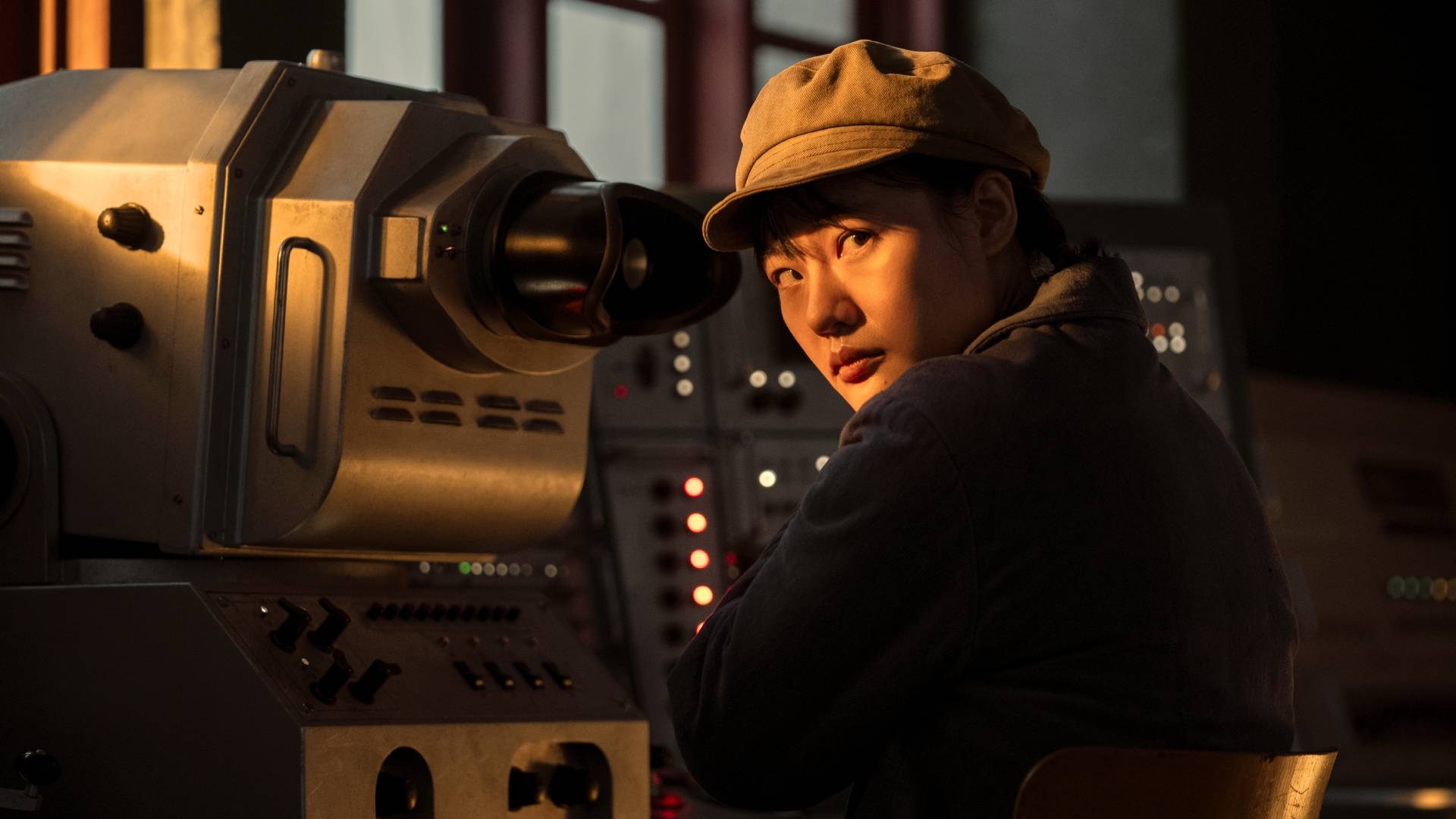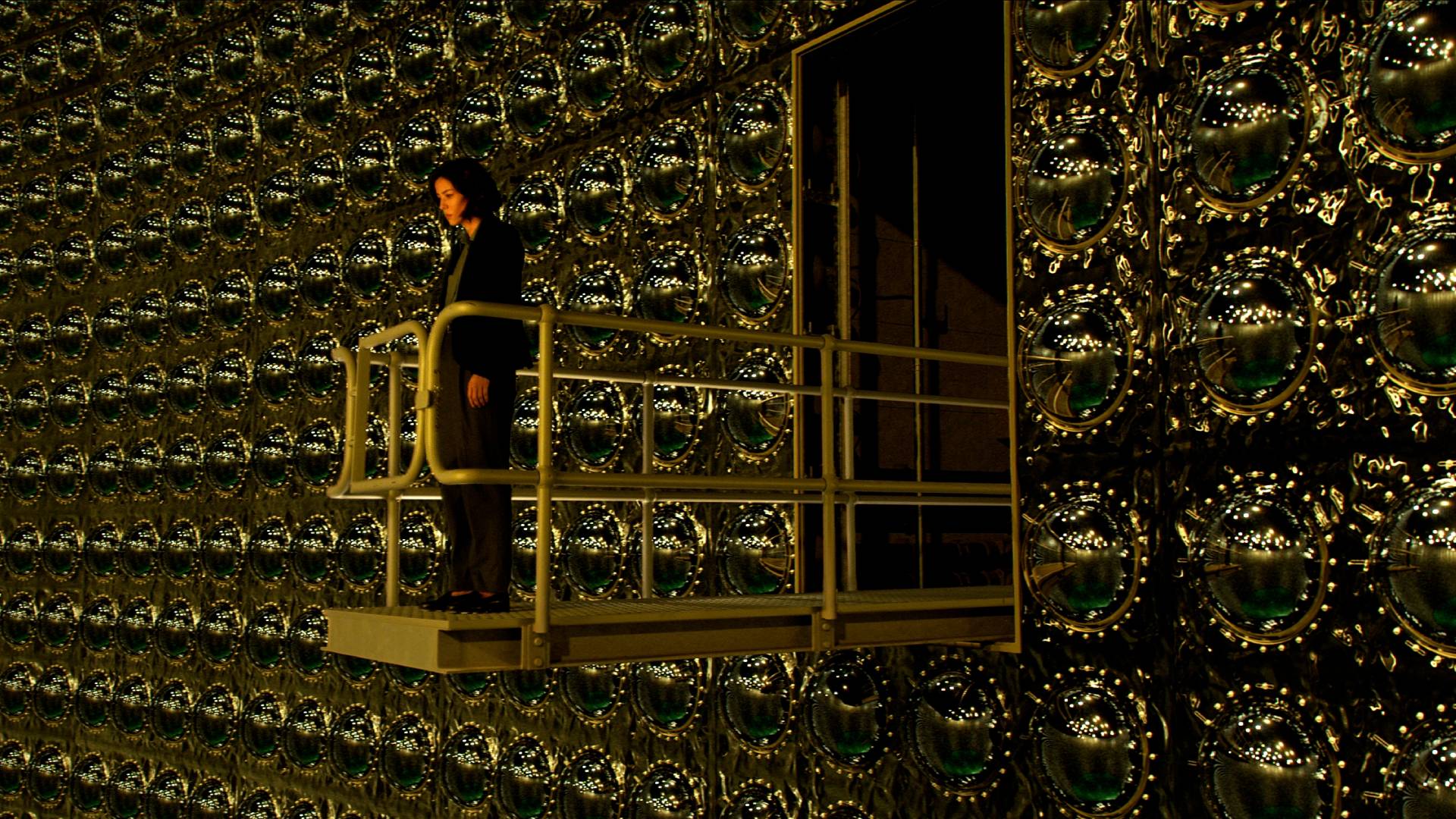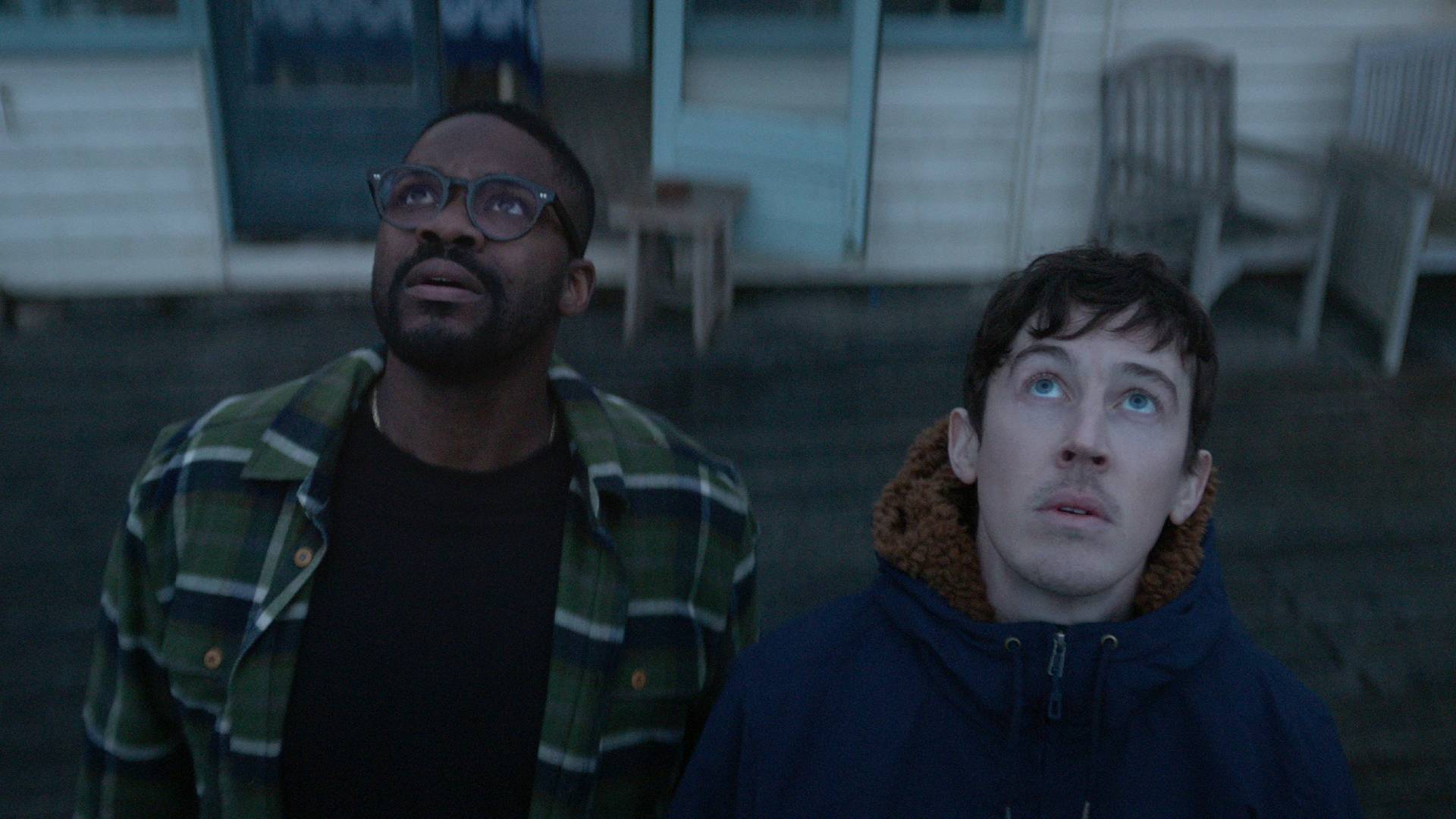
This article contains spoilers for Netflix's 3 Body Problem.
Netflix's 3 Body Problem was always going to have pro… issues. How could it not? Creators David Benioff and D. B. Weiss have a lot riding on this as their follow-up to Game of Thrones, and they especially have a lot to prove following that show's disastrous final season. At least they're known for adapting the unadaptable, because that's how many fans of Liu Cixin's original book trilogy describe the source material due to how dense and science-heavy this saga is. Then there's the third issue of China's own rival adaptation – titled Three-Body – which is far more faithful to the books when it comes to Chinese themes and concerns (or at least as much as it can be due to ongoing censorship around the Cultural Revolution, which plays a big role early on).
That leads us to the fourth, much bigger problem facing 3 Body Problem. Namely, the way that Netflix's adaptation makes sweeping changes to the text that center a Western perspective over the Chinese story that lies at the heart of this epic. Now, there's nothing inherently wrong with remolding subject matter to better fit live-action, especially when the source material is as unwieldy as it is here in 3 Body Problem, but by moving the action to England and rewriting pretty much all the main characters, something is lost in translation.
Whether you've read the book or not, this new group, who refer to themselves as "The Oxford Five", aren't particularly well fleshed out. Although the same can be said for some of the characters in Cixin's novels, the bland, two-dimensional appeal of the Brits in question leave us wondering why bother making this change at all. Haven't we learned from other Hollywood productions like Ghost in the Shell – and Netflix's own Cowboy Bebop – that there's great risk to be had in altering things too much across cultures like this?
Big changes

That blandness could perhaps be forgiven if not for how the few remaining Asian characters in this once intrinsically Chinese story are treated. Benedict Wong's Da Shi aside, most are even more underdeveloped than their non-Asian counterparts, and the most important, the scientist who kickstarted this alien invasion in the first place, is questionably handled by the end. Zine Tseng and Rosalind Chao are both excellent respectively as the younger and older versions of Ye Wenjie, doing a lot with the material on hand, but what happens to their character at the close of episode seven is disappointing to say the least.
Returning to the lab where she first made contact with the Trisolarans all those years ago, Wenjie has decided it's time to jump off a cliff edge nearby and kill herself, but then Tatiana, an agent for the alien forces, arrives to give her a "better, more gentle" death. "You've worked so hard," says Tatiana as they watch one last sunset together. "You deserve a rest." And that's true, but Wenjie deserves more than that too.
It's a beautiful end, sure, but when you remove the only Chinese-born character of note in a series where so much of Chinese culture has already been stripped away, that loss is felt even more acutely. This, and a painful example of fridging – when an underdeveloped female character is killed to motivate a man – that happens immediately after a car accident in episode eight calls to mind some of the same issues Game of Thrones faced with how characters like Missandei were treated.
More options

To be fair, efforts have been made to try and circumvent these issues as best they can. A third showrunner, the Chinese-American True Blood producer Alexander Woo, was brought on board to ensure that the story's central message remained intact. The original author, Liu Cixin, has also given his blessing to the project as a consulting producer on the show.
What's more, the Yoozoo Group, a gaming company that owns the rights to 3 Body Problem, specifically wanted an English-language adaptation to compete with Tencent's Chinese production, which airs in China where a Netflix version could not. It can also be argued that the central philosophy integral to this story holds universal appeal, especially when it comes to the climate change analogy at the heart of this show's existential crisis, yet something's been lost still nonetheless, that cultural specificity which helps 3 Body Problem stand out as something truly special.
Sure, the Chinese Three-Body adaptation isn't an exact replica of the books either, but it's much closer in narrative and tone. With thirty episodes instead of eight, there's a lot more scope to expand the original Chinese story without losing that authentic perspective. So if the problems facing Netflix's version are one too many for you, just remember that you still have options, unlike the humans who are most likely doomed at the hands of the Trisolarans.
3 Body Problem is available in full on Netflix now. For more, check out our spoiler-filled guides to the 3 Body Problem ending explained and what could happen in 3 Body Problem season 2.







